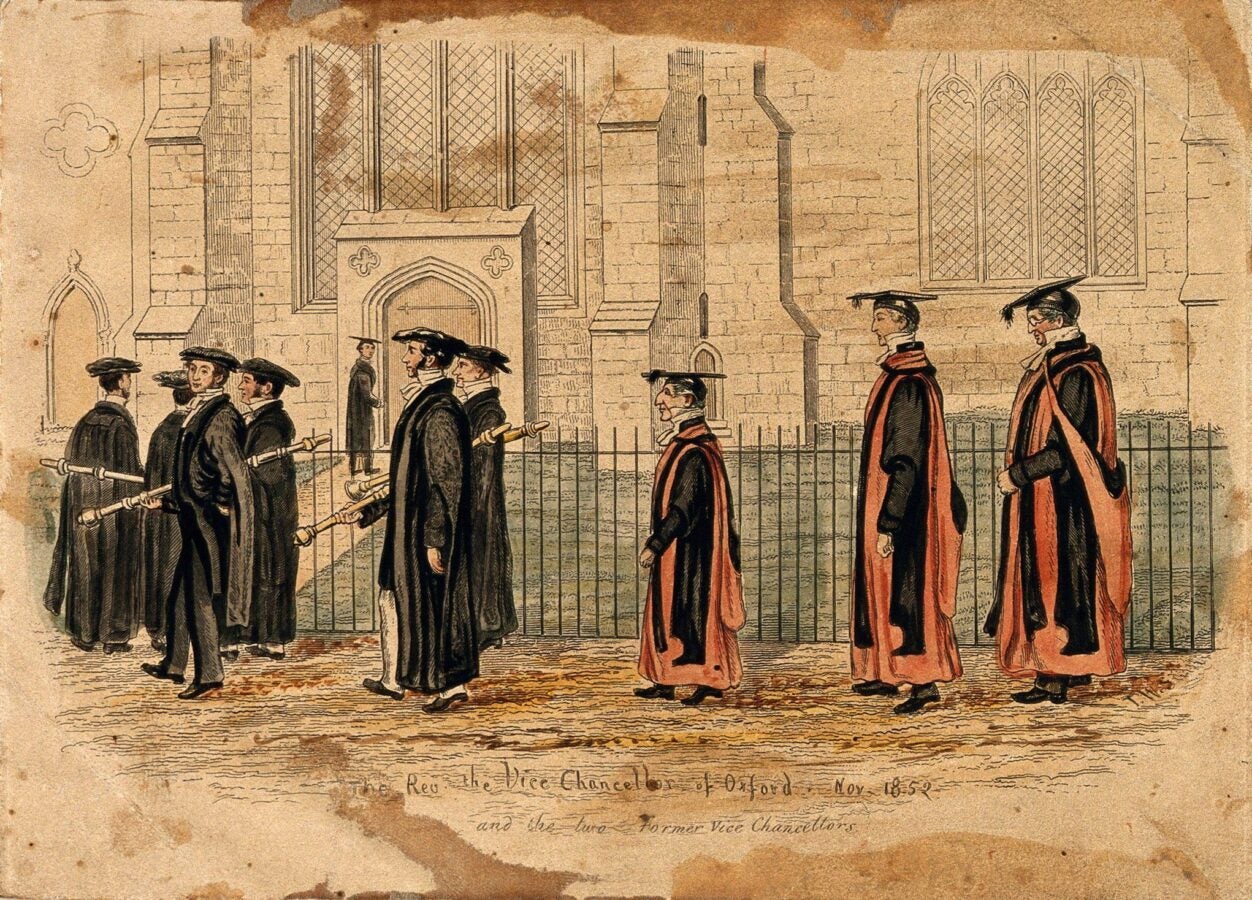
In March 2023, a significant milestone was achieved for faculty and students across seven Wyoming community colleges. Through the efforts of Meghan Kelly, the Associate Dean of Library and Learning Commons at Laramie County Community College (LCCC), and her colleagues on the Wyoming Community College Commission, permanent access to JSTOR’s extensive collection of archival journals and primary sources was secured without recurring fees.
This initiative was made possible by JSTOR’s one-time payment option, allowing the Wyoming Community College Commission to purchase the digital collections outright.
The power of collaboration
Many community colleges across the country struggle with limited budgets. The need to be resourceful and intentional can give librarians the impression that purchasing extensive archival journals and primary source collections is beyond the realm of possibility. Meghan’s success shows that with the right approach and support, these challenges can be overcome.
Accustomed to budget constraints, Meghan initially found the offer almost too good to be true. As part of a consortium of seven colleges, she chairs a committee that manages shared funds. Convincing her colleagues of the feasibility of the one-time payment was challenging, especially with initial skepticism about affording such a purchase. However, by gathering usage data and demonstrating the value of JSTOR’s resources, Meghan and her colleagues negotiated with JSTOR to spread the payment over three years, making it a viable option.
The process highlighted the power of collaboration within the commission. Some colleagues were initially skeptical, doubting that even the one-time payment could fit within their budget constraints. Meghan worked diligently to gather data on resource usage and presented a compelling case for the benefits of JSTOR’s extensive collections. With the support of her colleagues and the flexibility offered by JSTOR, they were able to reach an agreement that satisfied the financial needs of all involved.
Permanent access and financial stability
This strategic decision provided lasting access to essential academic resources without the threat of budget cuts impacting subscriptions. Meghan’s experience underscores the importance of persistence and communication in achieving such goals. The one-time payment option not only secured access to JSTOR’s vast digital library but also provided financial stability, ensuring that future budget constraints would not jeopardize the availability of these valuable resources.
To ensure the successful implementation of JSTOR’s resources, the libraries took several steps. They made announcements in campus newsletters, posted updates on school websites, and created guides for each subject area. Faculty liaisons, assigned by subject, attended department meetings and worked one-on-one with faculty to familiarize them with the new resources. These efforts paid off, with usage statistics showing an increase in engagement with JSTOR’s collections.
A model for the future
JSTOR’s flexible model has proven to be a game-changer, especially in times of financial uncertainty. For a detailed look at how Meghan and her team accomplished this and the benefits it brought to their campuses, read the full story.
Meghan’s story is a testament to the importance of asking questions and negotiating with vendors. She encourages other community colleges to be proactive in seeking out opportunities and communicating their needs.
“It never hurts to ask,” she advises. “Be optimistic with your vendors… communicate, ask questions. Share your concerns and constraints. Problem-solve with your vendors. Find what fits with your budget and budget cycle,” she said. Her experience demonstrates that staying in tune with what community colleges go through has given JSTOR the ability to ease the burden of budget-strapped libraries while giving students, faculty, and researchers access to credible, trusted resources.
Looking ahead
The success of Wyoming community colleges in securing JSTOR access serves as a model for other institutions. Meghan’s proactive approach and JSTOR’s commitment to accessibility have set a precedent that could benefit other institutions facing similar budget challenges. By fostering collaboration, open communication, and strategic planning, other colleges can also achieve lasting access to valuable academic resources.
To learn more about the impact of JSTOR’s comprehensive collection model and how it can benefit your institution, visit our website.


